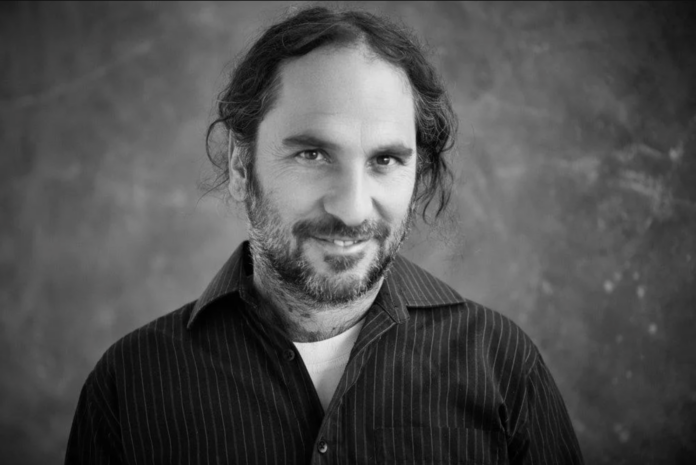Enjoy the journey: focusing on the end result is one thing, but you don’t want to get there and look back on your journey as a blur.
Enjoy the journey: focusing on the end result is one thing, but you don’t want to get there and look back on your journey as a blur.
Social Impact Heroes is a media company that celebrates the accomplishments of great people who are using their gifts to help impact society and the planet. SIH is affiliated with Medium's Authority Magazine
Contact us: editor@authoritymag.co
© Social Impact Heroes, Al Rights Reserved


